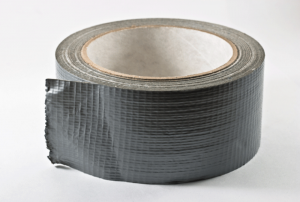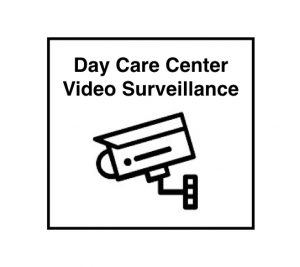 In Oklahoma and other states, parents rely on schools and day care centers to be places of learning and safe havens. Unfortunately, far too many teachers, day care centers, administrators, and principals misuse their positions of responsibility and end up harming children under their care. At times, the harm results from a moment of agitation and irritation on behalf of the child care provider / teacher. At other times, the abuse, neglect, and / or corporal punishment results from a more systematic and calculated form of retribution or corporal punishment. Some school districts still allow for corporal punishments, while others strictly outlaw this outdated from of child discipline. If a child has been subjected to abuse, neglect, or corporal punishment, there may be a case or cause of action to pursue on behalf of the injured child.
In Oklahoma and other states, parents rely on schools and day care centers to be places of learning and safe havens. Unfortunately, far too many teachers, day care centers, administrators, and principals misuse their positions of responsibility and end up harming children under their care. At times, the harm results from a moment of agitation and irritation on behalf of the child care provider / teacher. At other times, the abuse, neglect, and / or corporal punishment results from a more systematic and calculated form of retribution or corporal punishment. Some school districts still allow for corporal punishments, while others strictly outlaw this outdated from of child discipline. If a child has been subjected to abuse, neglect, or corporal punishment, there may be a case or cause of action to pursue on behalf of the injured child.
A recent incident out of Indianola, Oklahoma exemplifies a scenario where a principal disciplined students using corporal methods in a school district that still permits punishments of this nature. News outlets reported that the principal of a public school instituted corporal punishment to two children, ages ten and eleven, in the form of a paddle as punishment for arguing. The policy of the school district allows the school to “swat,” also known as spank, students as long as the school has permission from the parents to do so. In this situation, the parents felt the school went too far with the discipline because the children had bruises, lacerations, and welts as well as trouble sitting and standing after the discipline occurred.
While incidents of this nature may seem rare, the National Education Association indicates that nineteen states still permit corporal punishment, usually through paddling. According to statistics from the 2011-2012 school year, the National Education Association also asserts that approximately 163,000 students face corporal punishments annually. Alarmingly, statistics also reveal a racial disparity in the students subjected to corporal discipline in schools as well as a bias towards corporally disciplining students with disabilities. In some districts, students of minority races are 500% more likely to be struck than white students, even though these school districts tend to have more white students than minority students. Furthermore, students with disabilities are up to 67% more likely to face corporal punishment than other students in their school districts. Thus, corporal punishment occurs with some frequency in schools across the country and sometimes exhibits bias against protected classes of students. See National Education Association – Corporal Punishment in Schools.
 Black’s Law Dictionary defined Corporal Punishment as follows:
Black’s Law Dictionary defined Corporal Punishment as follows: Child Injury Lawyer Blog
Child Injury Lawyer Blog







